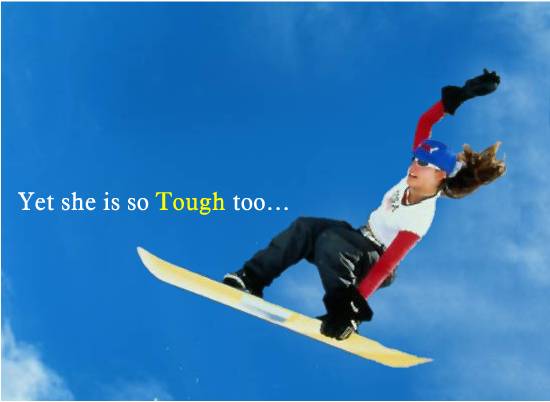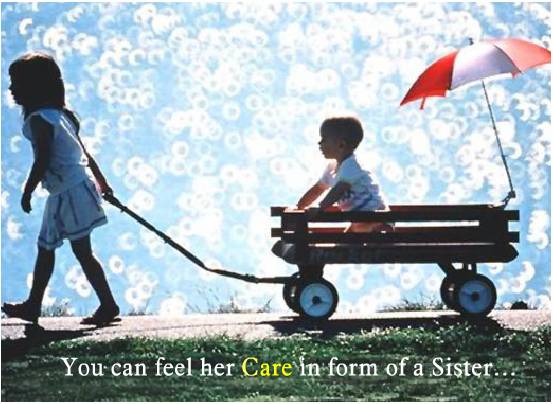Transforming Women’s lives and Fragile Societies — Empowerment through Education
Transforming the world through institutional imagination
Nurjehan Mawani honoured by UNIFEM Canada

Nurjehan Mawani was the recipient of the 2007 UNIFEM Canada Award. Formerly the Chairperson of the Canadian Immigration and Refugee Board, she is now the AKDN Resident Representative to the Kygyz Republic. Photo: Courtesy of Nurjehan Mawani
"Institutional imagination" was the theme of Nurjehan Mawani's remarks as she accepted the UNIFEM Canada Award for 2007.
UNIFEM — the United Nations Development Fund for Women — works to end violence against women and reduce poverty and exclusion through economic empowerment and education. The award honours Mawani's work in advancing equality for women and girls.
In her role as the Chairperson of the Immigration and Refugee Board of Canada, Mawani led its pioneering work on gender-related persecution and issued the groundbreaking Guidelines on Women Refugee Claimants Fearing Gender-Related Persecution. They have since been adopted by many other countries, impacting the lives of thousands of refugee women and girls.
The Guidelines acknowledge that the traditional definition of human rights was inadequate and did not take into account "the unique ways in which women experience violence and conflict."1 The old definition effectively excluded society's most vulnerable group from being protected.
It was the recognition of this deep unfairness that led Mawani to develop an institutional response that sought to effectively address a pressing need.
"As Canadians, we have a history of demonstrating institutional imagination in meeting the needs of vulnerable individuals and communities."
— Nurjehan Mawani speaking at the 2007 UNIFEM Canada Gala in Ottawa, Canada, 21 November 2007
She describes this approach as the application of institutional imagination, an idea that supports innovative strategies to bridge gaps between law, policy, and implementation by working across multiple levels and sectors simultaneously.
"It is not enough to be aware of the needs if the institutions in place do not know how to respond to them," said Mawani. "Sometimes we have to step outside of our comfort zone, be imaginative and take risks to find appropriate responses."
As a young woman, Mawani grew up in East Africa, which at the time was under colonial rule. The political and social environment was exclusionary, and presented huge inequities. The response by institutions of the Ismaili Imamat in that context was instrumental, not only to the restoration of human dignity but also in demonstrating the power that institutions can have in transforming perceptions within a society.
The experience taught her about the importance of access to opportunity, merit and hard work, and shaped the manner in which she conducted her life. Mawani notes "it is so important to believe in what you do, to have a purpose that takes you beyond yourself and to follow through with action."

Nurjehan Mawani together with Dr Ishenbai Abdurazakov, former State Secretary of the Kyrgyz Republic and his wife. Photo: Courtesy of Nurjehan Mawani
For Mawani the inspiration and motivation to push boundaries comes from her enduring faith in the human spirit. Throughout her career, she has actively promoted voluntarism, gender issues, multiculturalism and international development. In 1993, she was invested as a Member of the Order of Canada.
Following a distinguished career with the Public Service of Canada, Mawani is now the Resident Representative of the Aga Khan Development Network in the Kyrgyz Republic. The role bridges her broad professional and volunteer experience with her personal commitment to the underlying ethic of compassion that guides the AKDN's endeavours.
In the Kyrgyz Republic, she is a firsthand witness to the work of the Imamat, and its impact on individuals, communities and societies, as she continues her journey to transform institutional imagination into an everyday reality.
1 Transforming Women's lives and Fragile Societies — Empowerment through Education. Remarks by Nurjehan Mawani at the 2007 UNIFEM Canada Gala, Ottawa, Canada, 21 November 2007.
Read more...





















